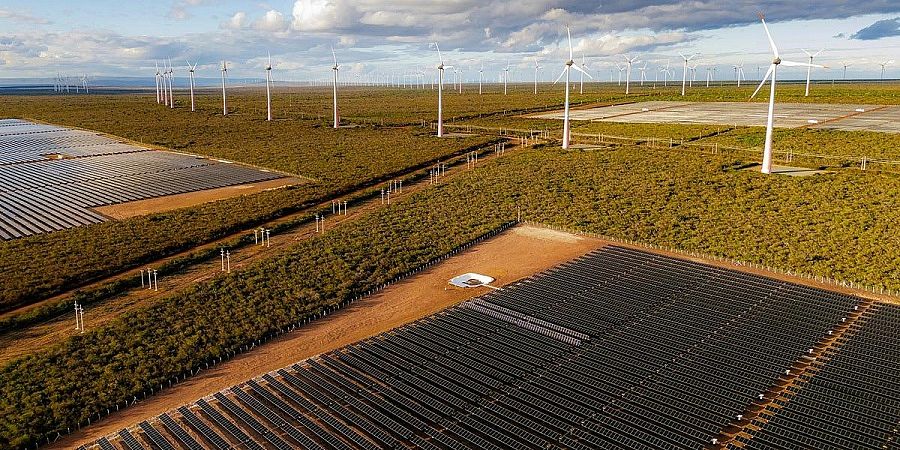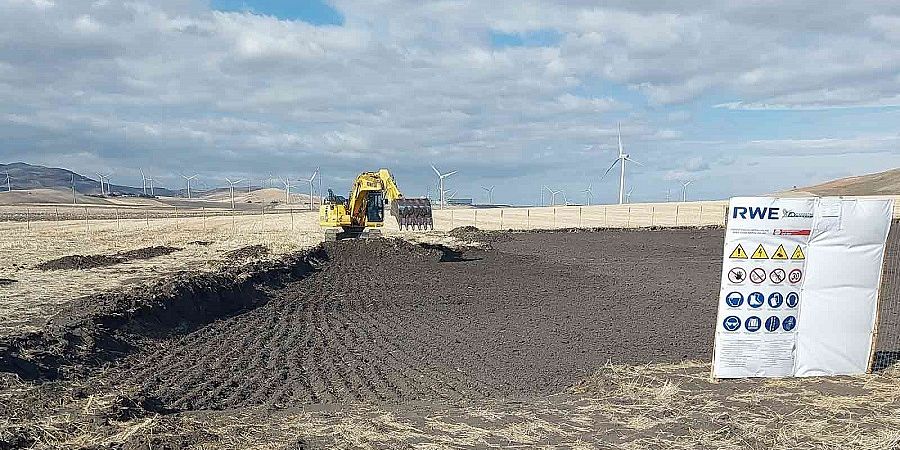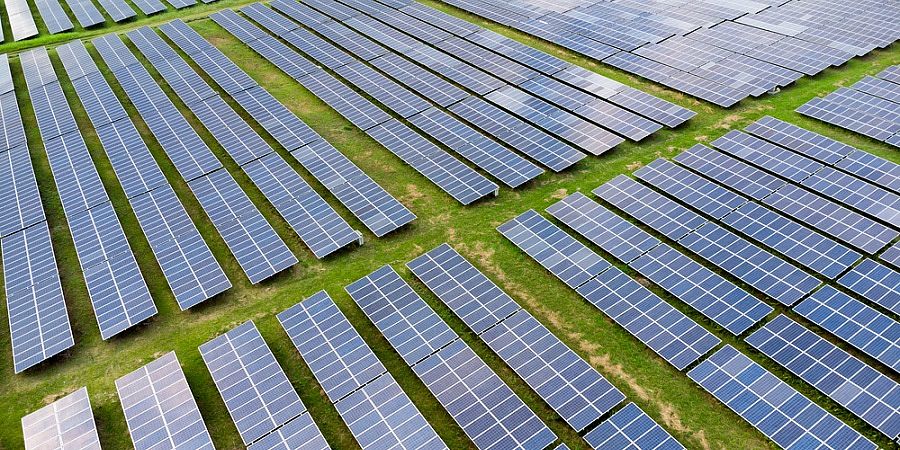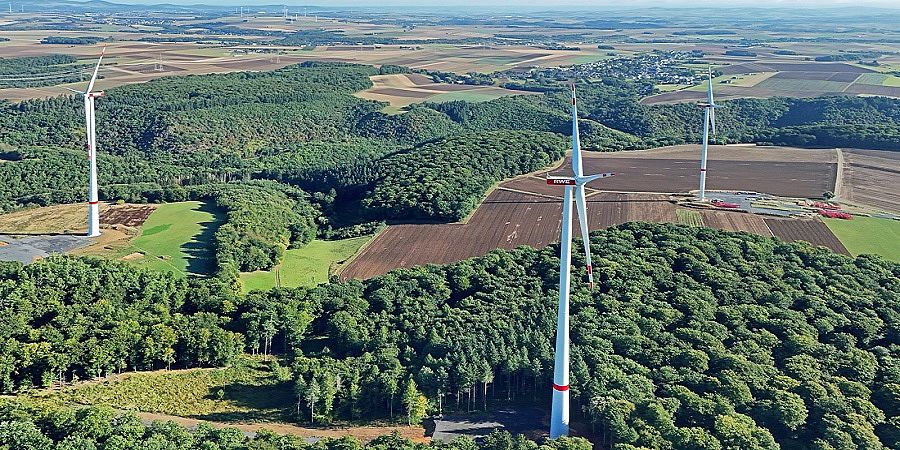São Paulo, July 23 - Neftegaz.RU. BP has agreed to form a 50:50 joint venture with Bunge, that will create a leading bioenergy company in one of the world’s largest fastgrowing markets for biofuels.
Ethanol produced from sugarcane is one of the most carbon-efficient biofuels available globally, with lifecycle greenhouse gas emissions around 70% lower than conventional hydrocarbon transport fuels.
Brazil is the world’s 2nd largest and most integrated market for ethanol as a transportation fuel with demand forecast to grow rapidly. The majority of vehicles in the country – around 70% – are already able to run on ethanol and the country’s demand for ethanol is estimated to increase by around 70% by 2030.
Bob Dudley, BP´s CEO, said: “This is another large-scale example of BP’s commitment to play a leading role in a rapid transition to a low carbon future. Biofuels will be an essential part of delivering the energy transition and Brazil is leading the way in showing how they can be used at scale, reducing emissions from transport. This combination will unlock new possibilities for improved efficiency and future growth in this key market."
BP Bunge Bioenergia will have 11 biofuels sites in Brazil. With 32 million metric tonnes of combined crushing capacity per year, the joint venture will have the flexibility to produce a mix of ethanol and sugar. It will also generate renewable electricity - fuelled by waste biomass from the sugar cane - through its cogeneration facilities to power all its sites and sell surplus electricity to the Brazilian power grid.
In 2018, the 2 businesses produced a total of around 2.2 billion litres of ethanol equivalent and, after powering the sites, exported 1,200 gigawatt hours of low-carbon biopower to the national grid. Together the 2 businesses currently employ over 10,000 people in Brazil.
In 2018 the Brazilian production of ethanol was some 26 billion litres, produced almost entirely from sugarcane grown in-country. The Brazilian government is introducing a new low carbon transport policy, known as RenovaBio, to establish the 1st regulated carbon credits market in the country. RenovaBio is expected to encourage continued growth in the market and support development of the sugarcane ethanol industry.







